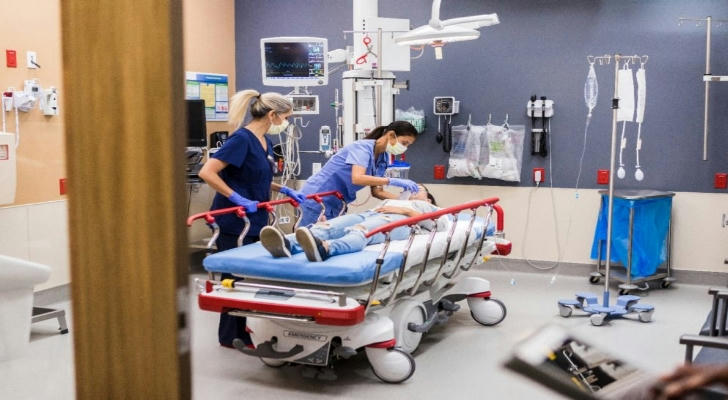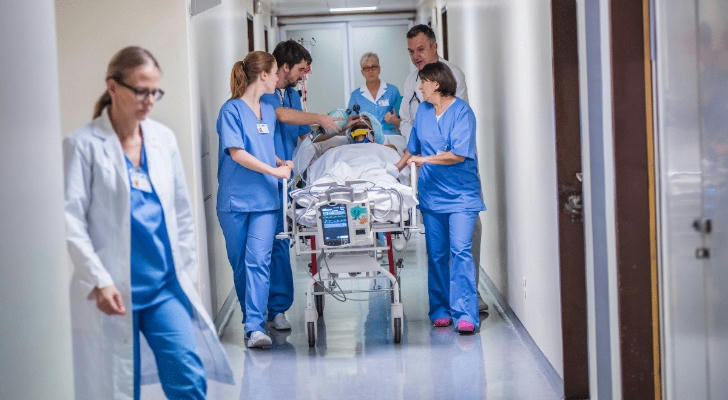Emergency Nursing Courses: Mastering the Art of Life-Saving Care
In emergencies, every second counts. Emergency nursing courses prepare individuals to handle critical situations with precision and confidence. From life-threatening injuries to sudden illnesses, these courses equip students with the skills needed to provide immediate and effective care in high-pressure environments.

What Do Emergency Nursing Courses Cover?
Emergency nursing courses are comprehensive programs that focus on equipping students with the knowledge and practical skills needed to assess and stabilize patients in urgent situations. Core topics include:
• Basic Life Support (BLS): Learning CPR, airway management, and the use of automated external defibrillators (AEDs).
• Trauma Care: Techniques for managing injuries such as fractures, burns, and severe bleeding.
• Emergency Pharmacology: Understanding medications used in critical care, including dosages and administration routes.
• Triage Training: Prioritizing patients based on the severity of their condition.
For example, a course module might simulate a mass casualty incident where students must apply triage protocols to identify and stabilize the most critical patients first.

Key Features of Emergency Nursing Courses
Hands-On Simulations: Realistic scenarios, such as performing CPR on mannequins, provide practical experience.
Advanced Equipment Training: Familiarity with tools like ventilators, infusion pumps, and cardiac monitors is emphasized.
Team Coordination: Lessons often focus on collaborating effectively with paramedics, doctors, and other first responders.
Case Example: Life-Saving in Action
A student enrolled in an emergency nursing course learns how to manage choking emergencies. During a family gathering, a relative begins to choke. The student applies the Heimlich maneuver taught in class, successfully saving the relative's life. This practical skill underscores the value of the course in real-world situations.
Why Take an Emergency Nursing Course?
• Immediate Impact: Students gain the confidence to act decisively in emergencies, potentially saving lives.
• Professional Development: Emergency nursing skills are highly sought after in hospitals, clinics, and disaster response teams.
• Personal Preparedness: Beyond professional applications, these courses empower individuals to respond effectively to emergencies in everyday life.

Innovations in Emergency Nursing Education
Modern courses often incorporate virtual reality (VR) simulations, providing immersive training experiences for rare but critical scenarios. Additionally, online platforms offer flexibility, allowing students to balance learning with other responsibilities.
Conclusion
Emergency nursing courses transform individuals into capable responders during life’s most critical moments. By blending theoretical knowledge with practical skills, these courses prepare students to save lives and provide comfort when it matters most. Whether you aim to enhance your professional capabilities or simply wish to be prepared for emergencies, enrolling in such a course is a step toward making a difference.
